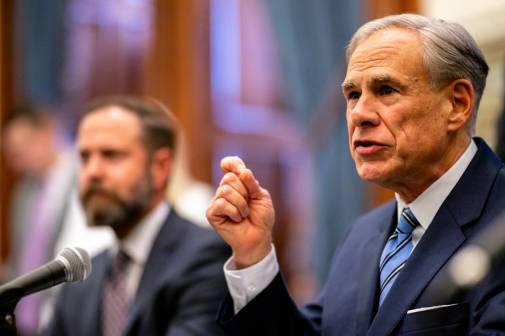Pennsylvania declares Cybersecurity Awareness Month
Governor Corbett has proclaimed October as “Cybersecurity Awareness Month” as a reminder to everyone about the importance of protecting your personal information, computers and mobile devices online.
“The number of cyber attacks and online threats continues to increase at an alarming pace. At the same time, cyber criminals are finding new ways to exploit technology,” Corbett said. “That is why it is so important for each of us to be vigilant in safeguarding ourselves and our information on the Internet.”
This year, Pennsylvanians can learn how to improve their online security by taking the “Cyber Pledge” at http://msisac.cisecurity.org/cyber-pledge/. The pledge outlines simple steps that everyone can take, such as using “strong” passwords (a combination of upper- and lower-case letters, numbers and special characters), deleting suspicious emails and keeping portable computing devices in sight at all times while in public.
According to the Multi-State Information Sharing and Analysis Center, a consortium of state and local governments, private sector organizations and the U.S. Department of Homeland Security, 73 percent of Americans have been victims of cyber crimes, at a cost of more than $400 million in 2012.
In its most recent quarterly threat report, security firm McAfee identified 18 million new instances of malicious software (known as malware) and 3.5 million suspicious URLs, which are often used to host malware or as “phishing” websites.
Last year, hackers stole information from 4.5 million tax returns in South Carolina, the largest cyber attack ever against a state government. Another data breach compromised Medicaid claims data for nearly 780,000 Utah residents.
“State agencies are entrusted with a wide variety of sensitive information, from Social Security numbers to birth records, and we have responsibilty to protect that data from falling into the wrong hands,” Tony Encinias, the state’s chief information officer said. “We are constantly evaluating and updating our security practices and working cooperatively with our partners in the public and private sectors to stay ahead of new and emerging threats.”






